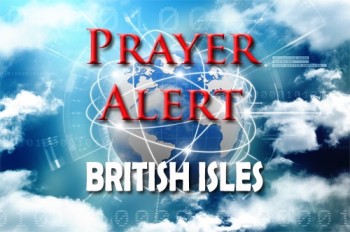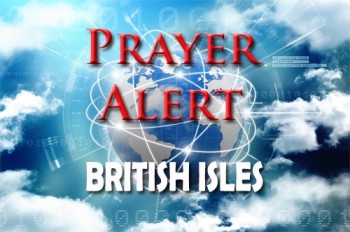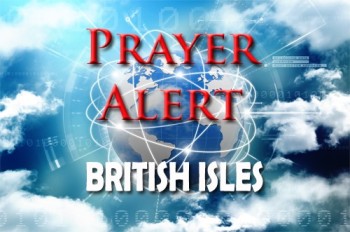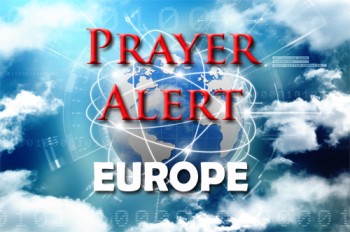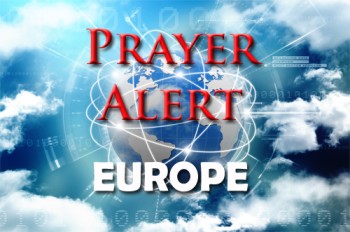Christian councillor ‘shocked’ at Danny Kruger’s defection to Reform UK
Conservative councillor Clare De Silva has expressed her sadness at fellow Christian Danny Kruger’s defection to Reform UK. Kruger, MP for East Wiltshire since 2019 and formerly shadow work and pensions minister under Kemi Badenoch, announced his move alongside Nigel Farage, who appointed him to lead a new Reform team preparing for government. Calling the decision 'very painful’, Kruger declared, 'The party is over: the flame is passing from one torch to another’, and praised Farage as 'our last hope' on the right. De Silva told Premier Christian News she was shocked and saddened, calling the departure a poignant loss. While disagreeing with his choice, she stressed the importance of Christians disagreeing well in politics: 'I know Danny is a God-fearing man and will have made this decision really carefully… we should disagree well.' The moment highlights both division and opportunity for grace among believers in public life.
No food trade deal until we get youth mobility, EU tells Starmer
Brussels has warned that no deal on easing border checks for UK food imports will be reached unless Britain agrees to expand youth mobility schemes. The proposed sanitary and phytosanitary (SPS) agreement - central to Labour’s plan to reduce food costs by 2027 - would align rules on plants, animals, and food products, cutting supermarket prices and border delays. But EU negotiators insist progress depends on allowing more young Europeans aged 18 to 30 to live and work in the UK. Cabinet office minister Nick Thomas-Symonds pressed for urgency during talks in Brussels, stressing the need for relief as food inflation has risen for five consecutive months, with key staples up 5.1% annually. European diplomats, however, argue the SPS deal is more important for Britain than the EU. Meanwhile, UK firms face possible exclusion from bidding on EU defence projects worth €150 billion unless terms are finalised soon, with France resisting UK involvement. The Government faces mounting pressure as household food costs continue to climb.
Don't scrap care plans for SEN children’s educational needs, say MPs
MPs have warned against scrapping education, health and care plans (EHCPs) for children with special educational needs and disabilities. In a new report, the education select committee calls for EHCPs to remain as a vital 'backstop of accountability' for families, alongside statutory minimum standards for SEND provision in all schools. The eight-month inquiry highlights the unsustainable strain on the system, with 638,745 children now holding EHCPs - the highest since their introduction. Despite a decade of rising funding, outcomes for many pupils remain poor, and parents often face exhausting battles to secure support. The committee recommends more training for teachers, greater specialist provision, and funding increases in line with inflation. Campaigners stress that EHCPs give children enforceable rights, while the Government insists reforms will strengthen provision and reduce the need for conflict. MPs argue that long-term sustainability requires an inclusive, well-resourced education system backed by cross-agency cooperation.
Russia and Belarus conduct military exercises as NATO feels the heat
Watched by US military officers and delegates from Turkey and Hungary, Russia and Belarus have launched large-scale military exercises across their territories and nearby seas, showcasing advanced weaponry and tactical nuclear capabilities near NATO’s eastern flank. The drills, involving roughly 6,800 troops as well as fighter jets and missiles, practised modern combat tactics like drone-assisted infantry assaults. Relations between Washington and Minsk seem to be improving; Belarus has recently released 52 political prisoners, prompting the Trump administration to ease some sanctions. Meanwhile, NATO allies remain uneasy after Russian drones repeatedly violated Polish and Romanian airspace. European leaders worry the exercises highlight Russia’s growing nuclear reach and evolving battlefield strategies, while Moscow insists it is open to dialogue but blames Western nations for obstructing progress toward resolving regional tensions.

